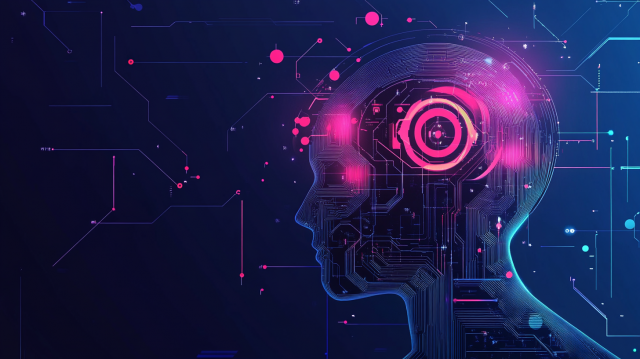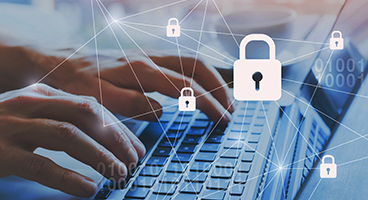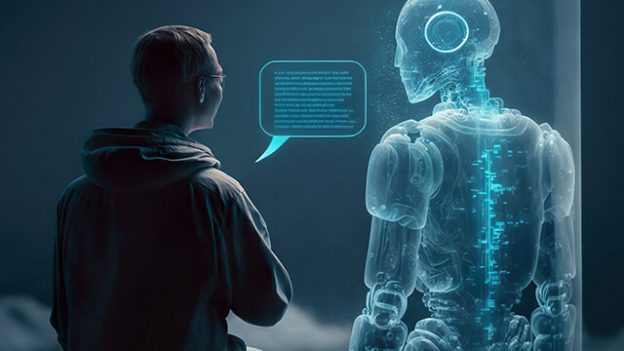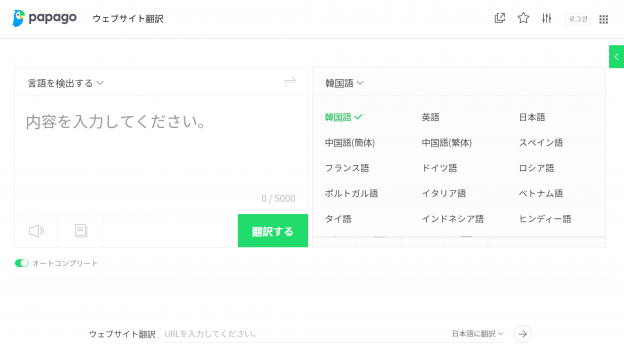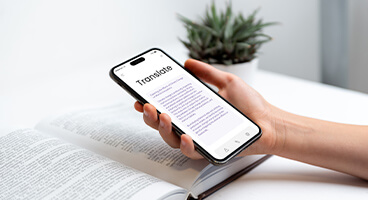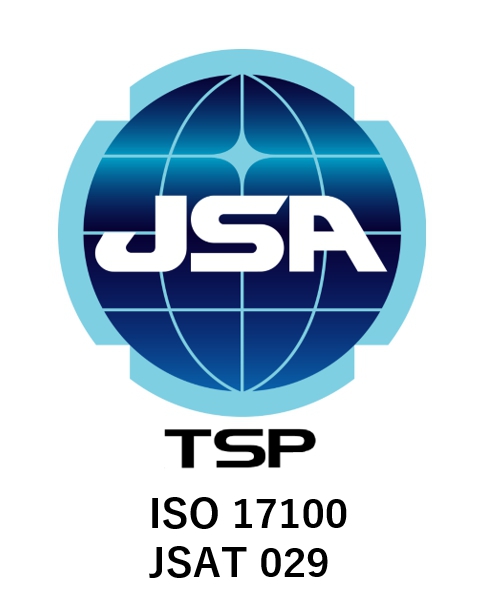
- Table of Contents
1. What are the security risks of ChatGPT?

1-1. What is ChatGPT?
ChatGPT is a highly advanced language model developed by OpenAI in the United States. This model has the ability to generate natural text that resembles human writing and can perform a variety of tasks such as text summarization, context understanding, programming code generation, article creation, and multilingual translation. Within companies, it is utilized in various operations such as automating customer support, assisting with data analysis, and generating marketing content. For more details on how it can be used specifically in translation tasks, please see the blog article below.
Is ChatGPT a Good Translator? Thorough Verification at Each Stage of Translation
1-2. Security Risks
When using ChatGPT, there is a possibility that the input content may be used for AI learning. The data entered by users may be utilized to improve the model and develop new features, but there is also a risk that information may be shared with third parties during this process.
Additionally, when using the web version, the entered data is stored on OpenAI's servers at a minimum. This raises concerns regarding data management and protection. In particular, when entering personal information such as customer data, there is a risk of that information being leaked, which could lead to questions about the company's responsibility.
Furthermore, as it is a service of OpenAI, the risk of information leakage due to some accidents or security incidents is not zero. To mitigate these risks, proper data management and security measures are essential.
When companies use ChatGPT, it is important to fully understand these risks and take appropriate measures. For more information on the confidentiality of AI services, including ChatGPT, please see the blog article below.
Is Confidentiality Maintained with ChatGPT, Copilot, Gemini, and Claude?

2. [Specific Example] Risks Arising from Using ChatGPT in Translation Work

Suppose a company uses the web version of ChatGPT to translate confidential documents from Japanese to English. For example, if they input materials such as technical specifications for a new product or contracts with business partners into ChatGPT and have the content automatically translated. The following security risks can be anticipated.
1. Risk of Confidential Information Being Stored on OpenAI's Servers
The web version of ChatGPT is a cloud-based service, and the input data may be temporarily stored on the server. In this case, corporate confidential information and personal data may remain on external servers, posing a risk of access by third parties.
2. Risks of Using AI Learning Data
In the free or web version of ChatGPT, data provided by users may be used for further AI learning. In this case, translated confidential information may be treated as learning data, increasing the risk that similar content could be generated when other users use ChatGPT, thereby exposing confidential information.
3. Corporate Risks Due to Information Leakage
In the event that confidential information is leaked, there is a possibility that it could negatively impact the company's strategy. For example, information about new products could be disclosed to competitors, or confidential contracts could be leaked externally. Additionally, if personal information is involved, there is a risk of legal liability, as well as potential declines in social credibility, damage claims from customers, loss of business opportunities, and significant costs for security measures.
3. Security Measures of ChatGPT
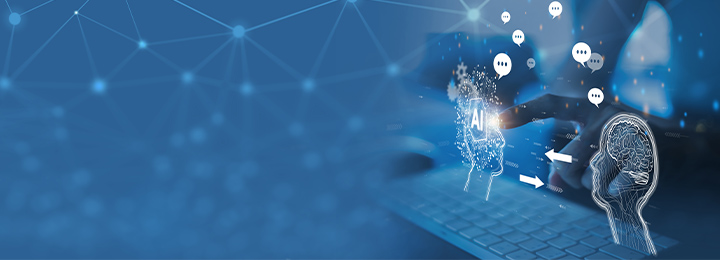
To avoid security risks like the ones mentioned above, it is necessary to implement appropriate security measures when handling confidential information.
3-1. Organizational Measures
1. Use via API
When handling confidential information, it is recommended to use the API instead of the web version of ChatGPT. When using the API, OpenAI does not use that data for training purposes. Additionally, by restricting access to the web version over the network, you can effectively prevent information leaks. Furthermore, by enabling the Zero Data Retention policy, no data will be stored on OpenAI's servers at all.
2. Use of ChatGPT Team/Enterprise
The ChatGPT Team and Enterprise plans are designed for businesses, with specifications that emphasize data protection and privacy. They provide an environment where you can confidently handle confidential information, ensuring that input data is not used for AI training. However, ChatGPT can be used without logging in, in which case the input data will be reused as training data, so logging in is required.
3. System Control with DLP (Data Loss Prevention)
Implementing Data Loss Prevention (DLP) tools can help monitor and control the movement and sharing of data across all systems, including the use of ChatGPT. DLP reduces the risk of confidential information and personal data being unintentionally sent outside the organization. Furthermore, DLP can visualize data flows across the organization and execute warnings or automatic blocks for actions that violate rules, thereby enhancing security.
3-2. Measures to be taken for employees
1. Usage Restrictions and Rule Establishment
It is necessary to establish clear usage rules, such as prohibiting employees from entering confidential information when using ChatGPT without logging in, on the personal free plan, or on the Plus plan, and limiting it to specific purposes. This includes setting specific guidelines on how and to what extent employees can use ChatGPT in their work, and sharing these guidelines across the organization.
2. Employee Training
It is essential to provide training to employees to raise security awareness for the safe use of ChatGPT and other AI tools. Effective training content should include the risks associated with handling confidential information, the importance of security guidelines, appropriate usage methods, and response procedures in case signs of data leakage or misuse are detected.

4. Summary
ChatGPT is a large language model developed by OpenAI, capable of generating natural text and performing a variety of tasks. Within companies, it is utilized for automating customer support, data analysis, and generating marketing content, but there are also security risks. In particular, there is a possibility that input data may be used for AI training, which poses a risk of leaking personal and confidential information. To prevent this, it is important to use it via API, utilize the ChatGPT Team/Enterprise plan, implement data loss prevention (DLP) tools, and provide restrictions and training for employees.
At Human Science, we offer the automatic translation software MTrans for Office, which can utilize translation engines from DeepL, Google, Microsoft, and OpenAI. The latter can not only be used as a translation engine, but it can also summarize, rewrite, and proofread text, depending on the prompts. Try out MTrans for Office with our 14-day free trial offer. Please contact us for more information.
Features of MTrans for Office
① Unlimited number of translatable files and glossaries with a flat-rate system
② Translate with one click from Office products!
③ Security is assured with API connections
・We also offer SSO, IP restrictions, and more for customers who want further enhancements
④ Support in Japanese by Japanese Companies
・Support for security check sheets is also available
・Payment via bank transfer is available
MTrans for Office is an easy-to-use translation software for Office.










